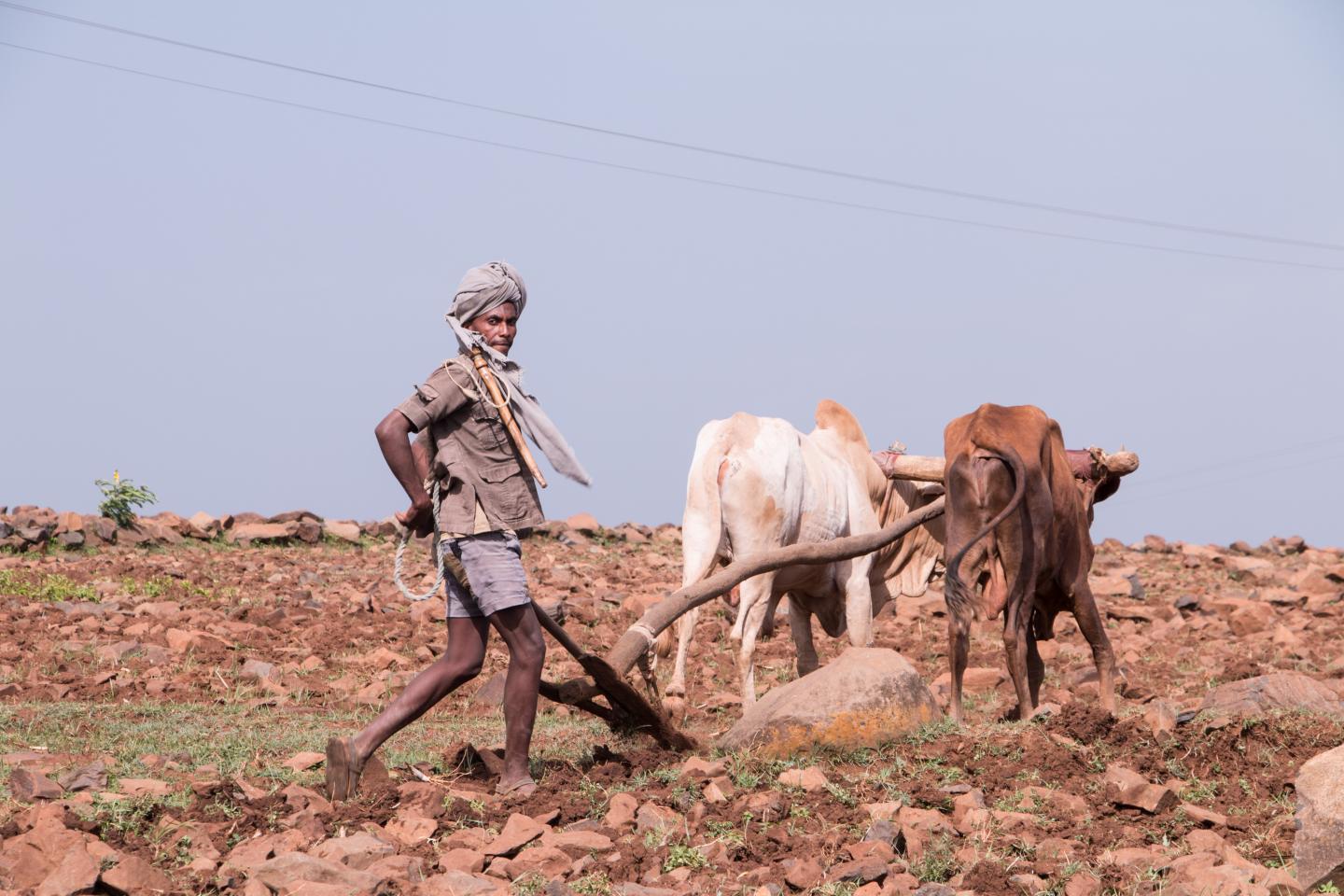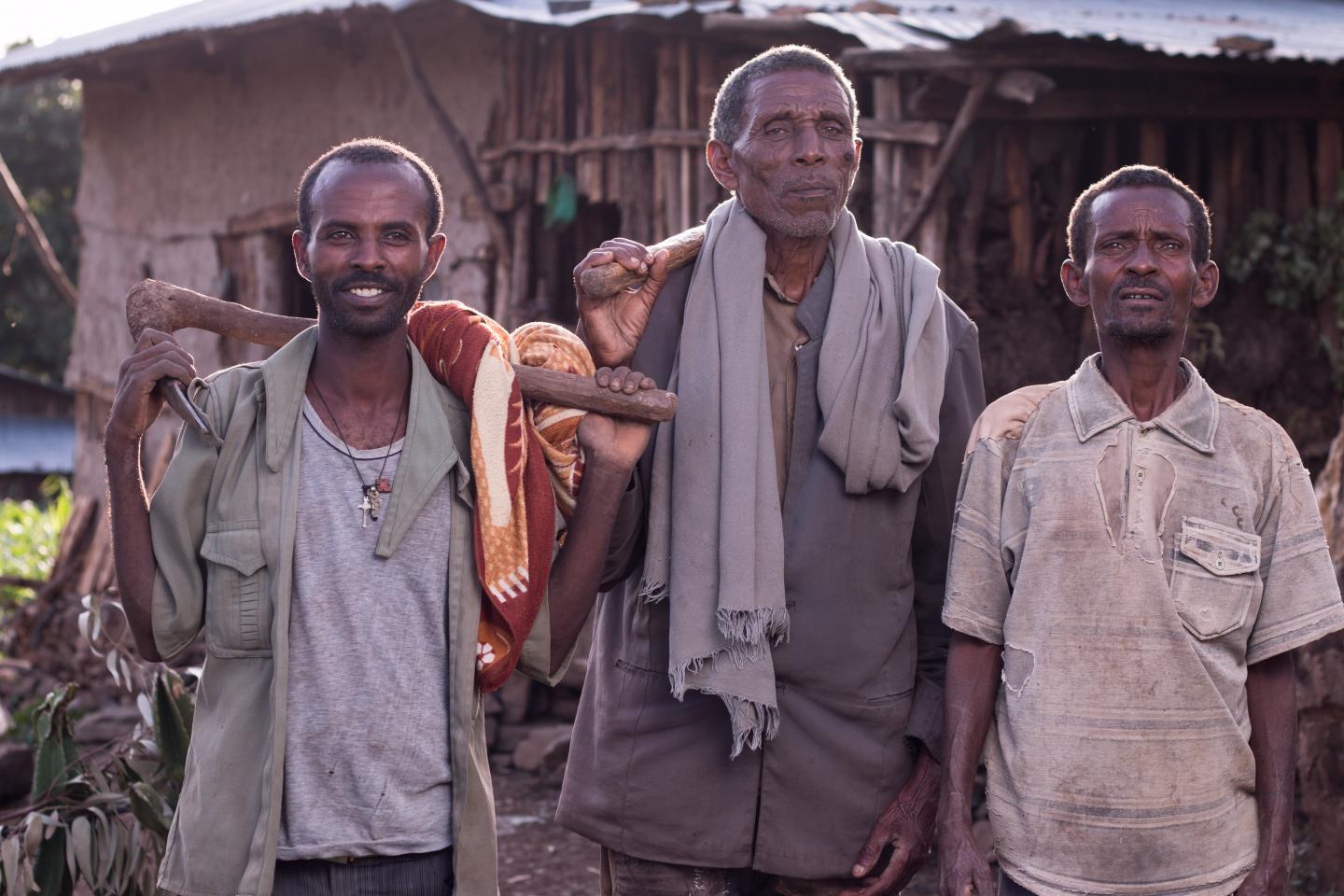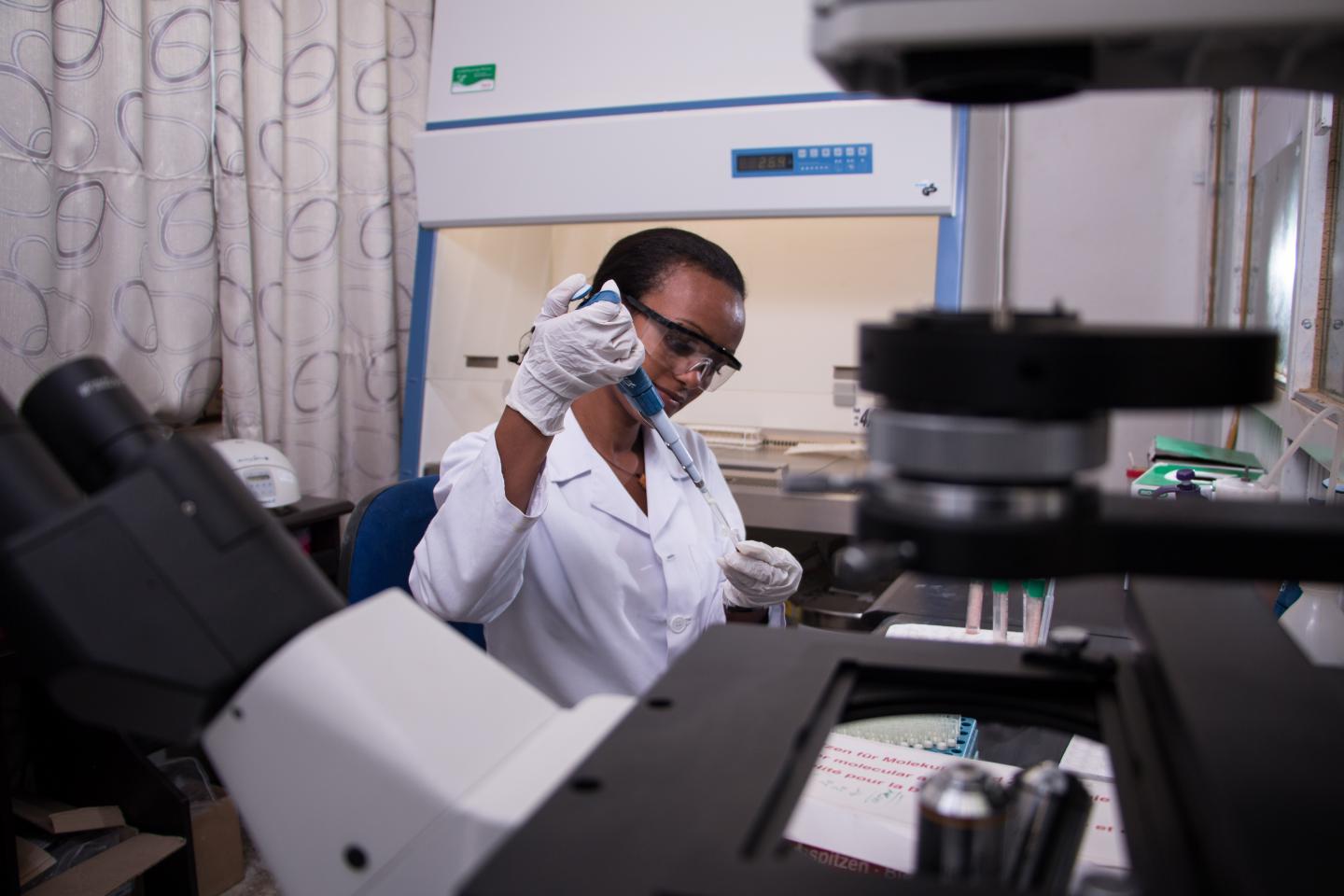[Gondar, Ethiopia and Geneva, Switzerland – October 6, 2014] - The international research & development (R&D) consortium, AfriCoLeish, formed by six research organizations from East Africa and Europe, has launched a Phase III clinical study to address the extreme difficulty in treating visceral leishmaniasis (VL) in patients who also are HIV-positive. The study will assess the efficacy and the safety of two treatments: a combination treatment of AmBisome® and miltefosine, and AmBisome® alone. This is the first randomized clinical trial in Africa to confirm the World Health Organization's recommendation for HIV-VL treatment. Two sites, Gondar and Abdurafi, in northwest Ethiopia, one of the highest burden areas in the world, have begun recruiting patients.
HIV-AIDS and VL, fatal without treatment, both affect the immune system of the patients. When the two diseases occur together, treatment of both diseases becomes more challenging. The risk of death from VL is nine times higher in patients who are co-infected with HIV. VL also accelerates the progression of HIV. Relapses of VL in patients co-infected with HIV are also very common, affecting half of treated patients within a year of initial treatment, and overall VL cure rates are significantly lower.
An emerging global problem, VL-HIV cases are reported in 35 countries worldwide, spanning Southern Europe, East Africa, the Indian subcontinent, and Latin America. One of the hardest hit areas in Africa is northwest Ethiopia, where anywhere from 20% to 40% of patients with VL were found to be also infected with HIV.
'Treating patients that suffer both HIV and visceral leishmaniasis is a real battle for clinicians. Research strongly suggests that we need to strike the right balance between stronger treatments and safer treatments', said Koert Ritmeijer, PhD, Health Advisor, Médecins Sans Frontières.

Migrant workers are one of the highly vulnerable, HIV-VL (visceral leishmaniasis) most-affected populations.
(Photo Credit: @ Don Paul-DNDi)
'Combining better initial cure treatments and preventing relapses will be a major step forward for our patients, who today fear that the diseases, which can be managed when they occur separately, often become a death sentence when they occur together. We have to do all we can to provide the most affected, a highly vulnerable migrant population, with an appropriate response', said Dr Ermias Diro, Principal Site Investigator, University of Gondar.
The Phase III clinical study conducted in Gondar and Abdurafi, Ethiopia, will assess the efficacy and safety of the combination of AmBisome® (30mg/kg total dose) and miltefosine (50mg or 100mg/day depending on the patient's weight), and AmBisome® alone (40mg/kg total dose). Total treatment duration is 28 days, if the tests show that the patient is parasite-negative (at day 29). Thereafter, the patient will start a secondary prophylaxis treatment aimed at preventing VL relapses and a one-year follow-up phase. A total of 132 patients will be recruited for the trial.
'Visceral leishmaniasis, notably in East Africa, is among the most neglected of all neglected tropical diseases. The work of this consortium to address the additional challenge of co-infection with HIV in Ethiopia is vital as it has begun to tackle one of the most challenging endemic areas and aspects of this fatal disease', said Dr Jorge Alvar, Head of Leishmanisis Programme, DNDi.

These are farmers in Gondar, Ethiopia.
(Photo Credit: @ Don Paul-DNDi)
This clinical trial is conducted by DNDi (sponsor) in collaboration with MSF-Holland (co-sponsor); the University of Gondar (UoG), Ethiopia; the Institute of Tropical Medicine (ITM) Antwerp, Belgium; the London School of Hygiene & Tropical Medicine, UK; and is funded by the European Union (EU FP7); the Swiss Agency for Development and Cooperation (SDC), Switzerland; Médecins Sans Frontières; the Federal Ministry of Education and Research (BMBF) through KfW, Germany; the Medicor Foundation, Liechtenstein; and other private donors.

This is a lab technician at the Leishmaniasis Research and Treatment Center, University of Gondar, Ethiopia.
(Photo Credit: @ Don Paul-DNDi)